Setting goals can help you find direction and motivate yourself.
Vague goals, however, can leave you feeling frustrated and like you'll never get where you want to be.
When thinking about goal-setting, it's important that your goals are specific.

Setting a Specific Goal
Be as clear as possible with what you want to achieve.
A good questions to ask is: how will I know when I have reached my goal?
If you cannot answer that question, try to make it more specific.
For example, "I want to have better relationships with my friends" is vague. You could be more specific - "I will call at least 2 friends and share a meal with at least 1 friend every week."
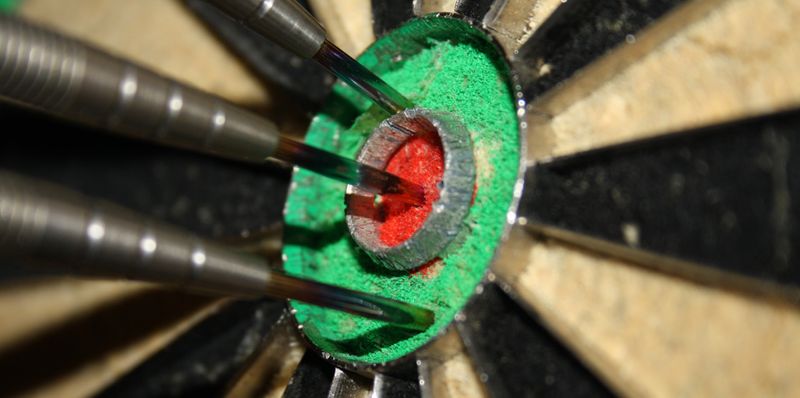
Quiz
Which of these goals is specific?
Break Down Goals
There is nothing wrong with dreaming BIG. However, big goals can sometimes be vague.
Breaking down goals into small, actionable pieces will help make your goals achievable.
A good way to do this is by working backwards.
Let's say you start with this end goal: Improve my health
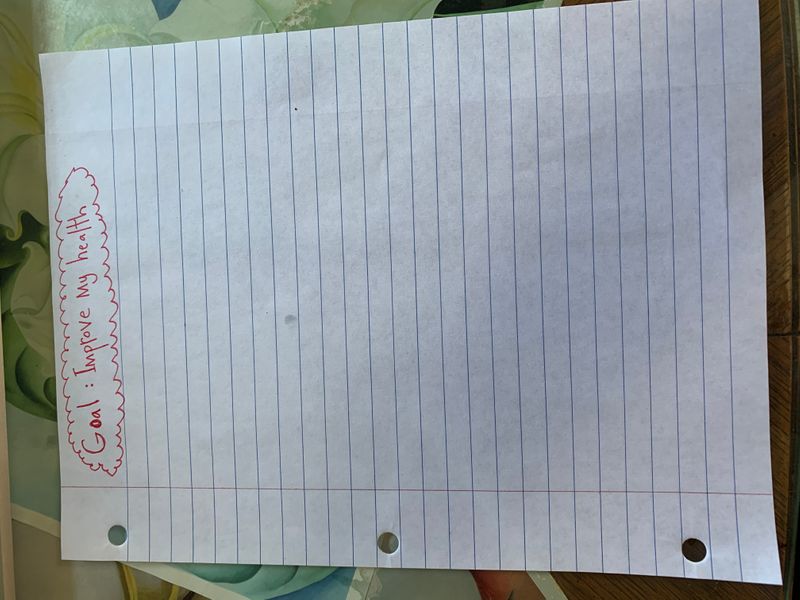
"Health" is broad - are you talking about mental health? Physical health? Be as specific as you can.
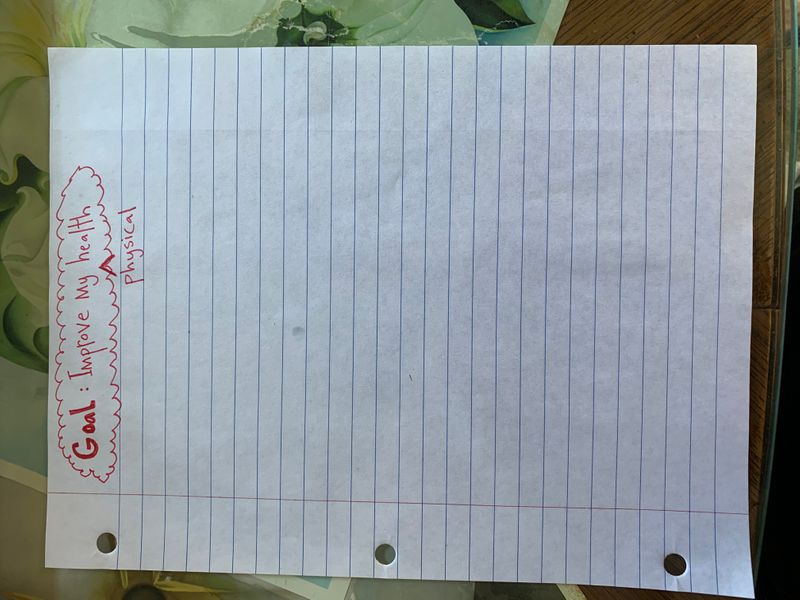
Break it down - what are the things that go into improving your physical health?
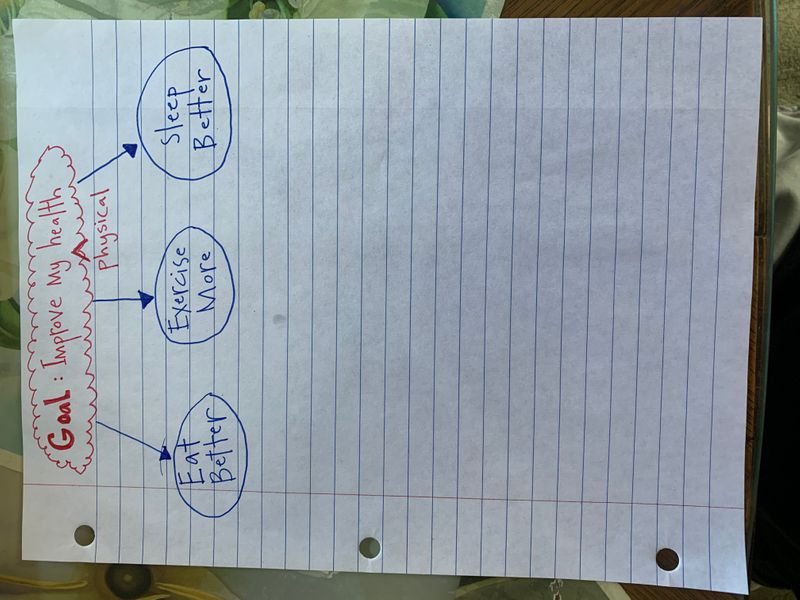
"Eat better" is still broad. What specific things can you do to improve your eating habits?

Break down each piece into specific, actionable items.
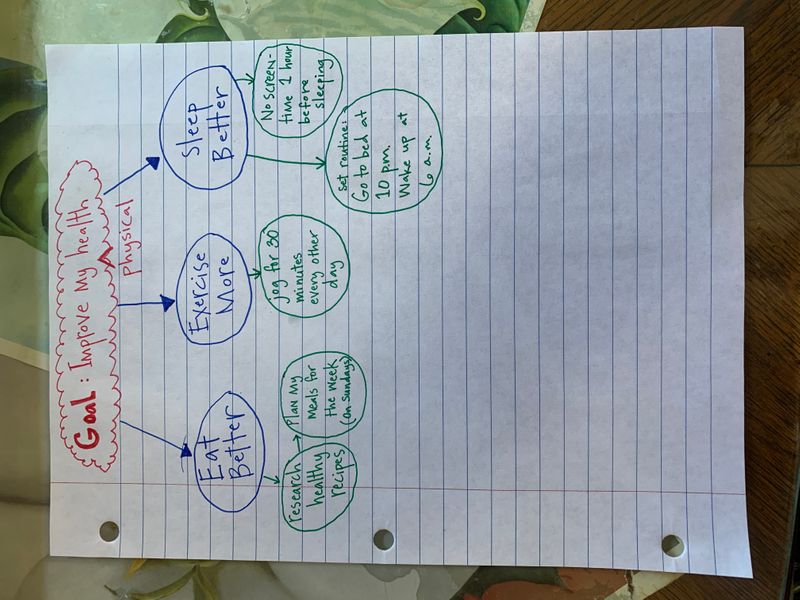
Now you have specific goals!
Take Action
Setting specific goals is an important step in getting you to where you want to be.
Put this skill into practice!
Write down a goal that you have. Is it as specific as possible? Can you break it down into pieces? Try mapping out your goal on paper like the example above.
Start taking action today towards achieving your goals!

Your feedback matters to us.
This Byte helped me better understand the topic.
